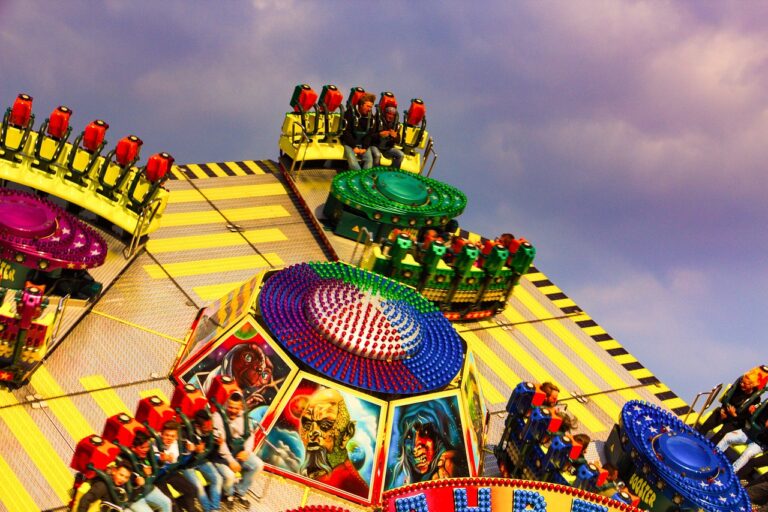Analyzing the Evolution of Comedy in Stand-up: From Vaudeville to Netflix Specials
Vaudeville marked the birth of stand-up comedy, with performers entertaining audiences in variety shows that featured a mix of acts including singers, dancers, and comedians. Stand-up comedians would typically take the stage between acts, delivering quick-witted jokes and humorous anecdotes to keep the audience engaged and entertained. These early comedians relied heavily on wordplay, physical comedy, and observational humor to elicit laughter from their spectators.
The Vaudeville era provided a platform for stand-up comedians to hone their craft and develop their unique comedic voices. Performers such as Eddie Cantor, Will Rogers, and Fanny Brice rose to fame during this time, captivating audiences with their wit and charm. The popularity of stand-up comedy in Vaudeville paved the way for the evolution of the art form, setting the stage for its transition to new mediums in the decades to come.
• Stand-up comedians in Vaudeville era entertained audiences with a mix of wordplay, physical comedy, and observational humor.
• Performers like Eddie Cantor, Will Rogers, and Fanny Brice became famous for their wit and charm during this time.
• Vaudeville provided a platform for comedians to develop their unique comedic voices and hone their craft.
• The popularity of stand-up comedy in Vaudeville set the stage for its evolution into new mediums in the future.
Transition to Radio and Television Comedy Shows
One significant shift in the world of comedy occurred with the transition to radio and television comedy shows. As technology advanced, comedians found new platforms to reach audiences beyond the confines of live performances. Radio allowed comedians to showcase their humor to a wide audience in the comfort of their own homes, while television added a visual element that enhanced the comedic experience.
The migration of comedians from live performances to radio and television opened up new opportunities for the genre to evolve and adapt to the changing times. Comedians could experiment with new formats, delivery styles, and comedic techniques that resonated with audiences in this new medium. The rise of iconic figures in radio and television comedy, such as Lucille Ball, Jack Benny, and Milton Berle, paved the way for future generations of comedians to make their mark in the entertainment industry.
Impact of Comedy Clubs on Stand-up Comedy
Comedy clubs have played a pivotal role in shaping the landscape of stand-up comedy in recent times. These intimate venues provide aspiring comedians with a platform to hone their craft and connect with live audiences in a more direct and personal way. By offering a space for experimentation and growth, comedy clubs have become breeding grounds for new talent and innovative comedic styles.
Moreover, comedy clubs have become essential in cultivating a sense of community among comedians and comedy enthusiasts. These spaces serve as gathering points where individuals with a shared love for comedy can come together, share laughs, and support one another. The camaraderie and mutual encouragement found within comedy clubs contribute to the vibrancy and richness of the stand-up comedy scene, fostering a nurturing environment for both emerging and established comedians to thrive.
How did the vaudeville era contribute to the evolution of stand-up comedy?
The vaudeville era provided a platform for comedians to hone their craft and develop their own unique comedic styles.
What role did radio and television comedy shows play in the transition of stand-up comedy?
Radio and television comedy shows brought stand-up comedy into the mainstream and introduced comedians to a wider audience.
How have comedy clubs impacted the stand-up comedy scene?
Comedy clubs have provided a space for comedians to perform, experiment, and connect with audiences in a more intimate setting, leading to the growth and diversification of stand-up comedy.
What are some ways in which comedy clubs have influenced the content and delivery of stand-up comedy?
Comedy clubs have encouraged comedians to be more raw, authentic, and innovative in their material, pushing the boundaries of traditional comedy and allowing for more creative expression.







